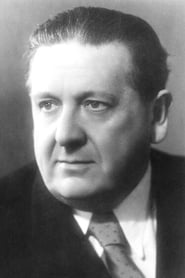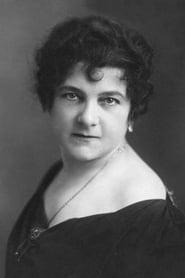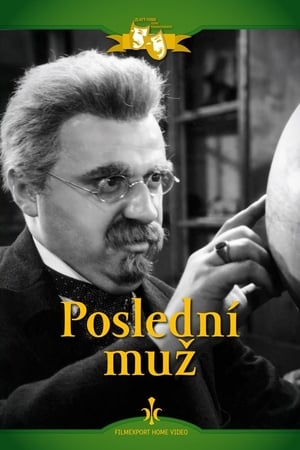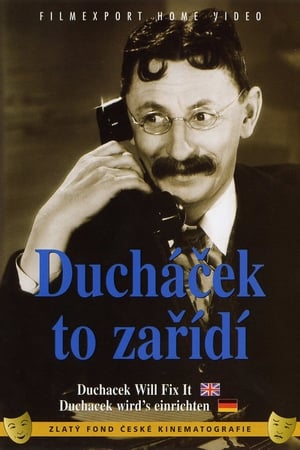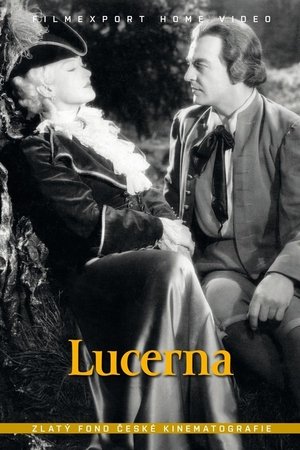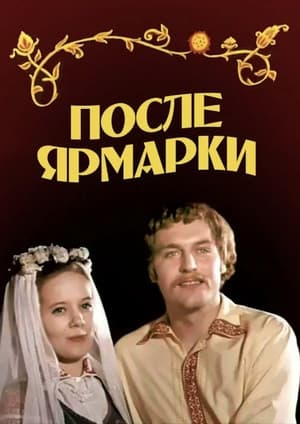

Pan otec Karafiát(1935)
Movie: Pan otec Karafiát
Top 10 Billed Cast

Pan otec Karafiát
HomePage
Overview
Release Date
1935-08-02
Average
0
Rating:
0.0 startsTagline
Genres
Languages:
ČeskýKeywords
Similar Movies
Romeo Turns Bandit(fr)
Based on characters from Shakespeare's play: When Juliet's father refuses to let Romeo see her, Romeo resorts to extreme measures.
 6.2
6.2Annie(en)
Annie is a young, happy foster kid who's also tough enough to make her way on the streets of New York in 2014. Originally left by her parents as a baby with the promise that they'd be back for her someday, it's been a hard knock life ever since with her mean foster mom Miss Hannigan. But everything's about to change when the hard-nosed tycoon and New York mayoral candidate Will Stacks—advised by his brilliant VP and his shrewd and scheming campaign advisor—makes a thinly-veiled campaign move and takes her in. Stacks believes he's her guardian angel, but Annie's self-assured nature and bright, sun-will-come-out-tomorrow outlook on life just might mean it's the other way around.
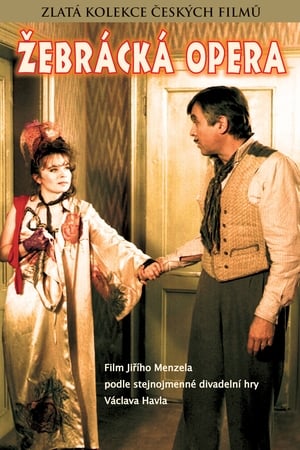 4.3
4.3The Beggar's Opera(cs)
Unlike any other opera, the so-called Beggar's Opera is not just one composition, but a lineage of adapted compositions, beginning with the original hugely successful 1728 political satire written by Englishman John Gay. Composers and writers have penned variations on it ever since. The most famous of these was A Threepenny Opera by Bertholt Brecht and Kurt Weill. Some things these compositions share in common is their setting among the poor and criminal classes, and the roguish character Macheath. This production is based on an adaptation of Gay's original by Vaclav Havel the freedom-fighter, writer and philosopher who became the first (and only) president of the united post-communist country of Czechoslovakia, and it retains many traces of its theatrical origins. Film reviewers were not too tolerant of what they called "slavish adherence" to the noted Czech writer's stage production, but theater, philosophy and history buffs may feel otherwise.
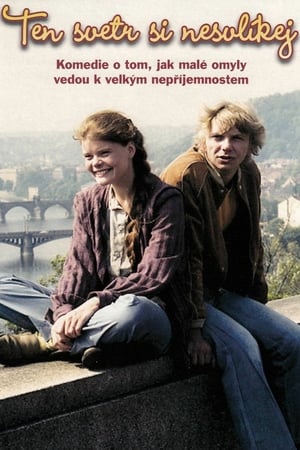 6.6
6.6Don't Take the Sweater Off(cs)
A young Czech couple are terrorized by their funny family.
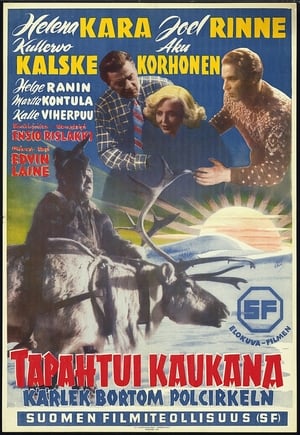 3.0
3.0Tapahtui kaukana(fi)
Young woman flies to Lapland together with her father and his new female friend whom the daughter dislikes. On a lonely skiing-trip across the vast wilderness, the young lady ends up in a shack inhabited by two research engineers and a funny old Lapland man who sees peculiar dreams.
Pension pro svobodné pány(cs)
A young man living in a strictly run boarding house secretly brings a girl of loose morals into his room at night, who is nevertheless well-groomed and takes great advantage of her situation. For the heart of the comedy lies in the problem of how to get rid of a difficult girl in the morning.
Ehe oder Liebe(de)
Physics professor Sophie and divorce lawyer Stefan have been living together as a couple for 15 years. Sophie would like to get married, but because of Stefan's experience with his clients, he doesn't believe in long, happy marriages. The two make a bet: If Sophie shows him a truly happy couple that has been married for more than five years, he will marry her.
 6.5
6.5The Guild of the Kutná Hora Virgins(cs)
A morally questionable lord comes to the aid of a working class man who is to be executed for speaking out about thieving rich scoundrels sticking it to the poor.
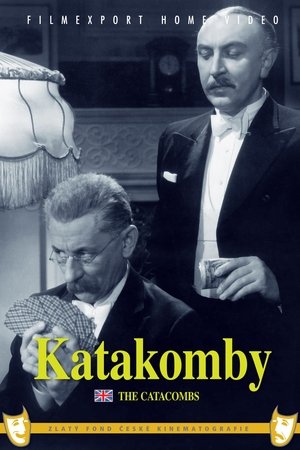 7.7
7.7The Catacombs(cs)
The title refers to the office of records in the basement of a large company... sort of the place where a troublesome employee may be dumped in a dead end job. If fact, the story is a simple romantic comedy, with Burian as the kindly old stick-in-the-mud who helps the young man to sort out his romance with the daughter of the company's owner.
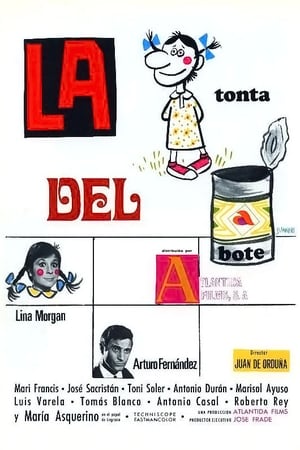 5.4
5.4La tonta del bote(es)
Susana is an unappreciated, naive and somewhat clumsy orphan who has lived since she was a child at doña Engracia's house, because her mother died a few days after she was born. In this house, which also houses three nephews of doña Engracia without a penny to one's name, Susana is the maid of all. Economic necessities lead Engracia to rent a room. Felipe, a handsome man with a bad reputation, will reply to the ad.
